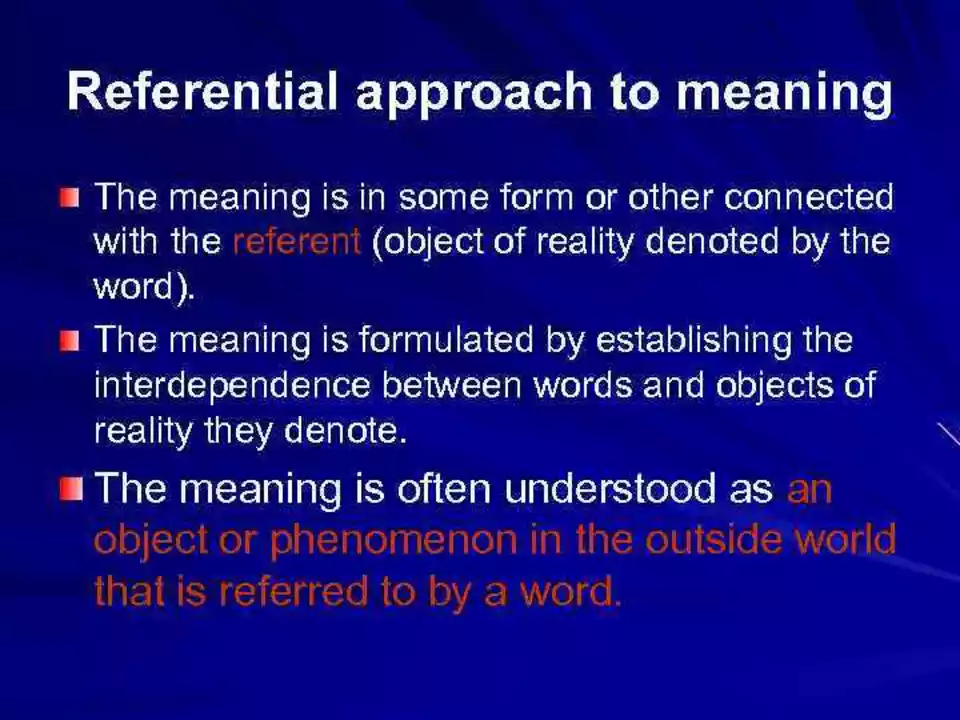Synonym Guide: Quick Tips to Find the Perfect Word Replacement
Ever get stuck trying to swap a word but end up sounding weird? You’re not alone. Finding a good synonym is all about matching meaning, tone, and context. Below are straight‑forward tricks that work for anyone, whether you’re writing an email or a blog post.
Use Everyday Tools You Already Have
The fastest way to spot a synonym is to open the built‑in thesaurus in your word processor. Highlight the word, hit Ctrl+Shift+F7 (or the Mac equivalent), and a list pops up. Pick the one that feels natural in the sentence. If the list looks too technical, try a simpler option from the “simple” or “everyday” filter.
Online tools like Synonym.com or Thesaurus.com let you type a word and see hundreds of alternatives. Most of them show example sentences, so you can instantly see how the replacement fits. Aim for a word that keeps the original meaning but matches the tone you need – casual, formal, or somewhere in between.
Check the Context Before You Swap
Not every synonym works in every situation. “Happy” and “joyful” feel similar, but “joyful” is a bit stronger. If you’re writing a customer review, “happy” might be just right; in a speech, “joyful” could add impact. Read the whole sentence out loud after you replace a word – if it feels off, try another option.
Pay attention to collocations – words that naturally pair together. We say “make a decision,” not “do a decision.” Choosing a synonym that breaks a common collocation can make the sentence sound odd. A quick Google search of the phrase can confirm whether it’s used correctly.
Another handy trick: think of the word’s part of speech. Some synonyms are nouns, others verbs or adjectives. Swapping “run” for “operate” only works if the sentence needs a verb. If you accidentally change the part of speech, the grammar will break.
Build a Personal Synonym List
Keep a small notebook or digital note with your favorite alternatives. Whenever you stumble on a great replacement, add it to the list with a short note about when to use it. Over time you’ll have a ready‑made toolbox that saves you from endless searching.
Group the words by categories – emotions, actions, descriptions – so you can grab what you need fast. For example, under “angry” you might list “irate, upset, mad, fuming.” When you write, glance at the list and pick the one that best fits the vibe you want.
If you’re a frequent writer, consider using a plug‑in like Grammarly that suggests synonyms as you type. It learns your style and offers replacements that match your usual tone, cutting down on the back‑and‑forth.
Finally, don’t over‑do it. Using too many fancy synonyms can confuse readers. Aim for clarity first; sprinkle in a stronger word only when it adds value.
With these simple steps – using built‑in tools, checking context, and building your own list – you’ll find the perfect synonym in seconds. Your writing will sound clearer, more lively, and exactly the way you intend. Happy word hunting!

What is a synonym for the word 'yield'?
May, 1 2023